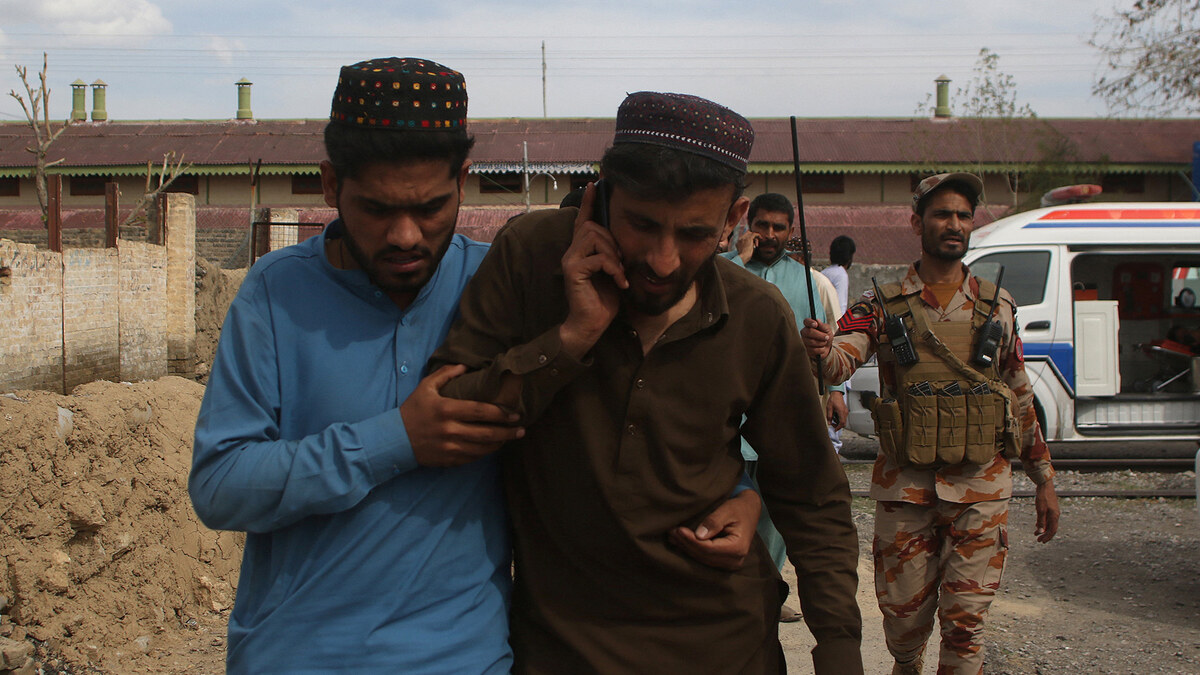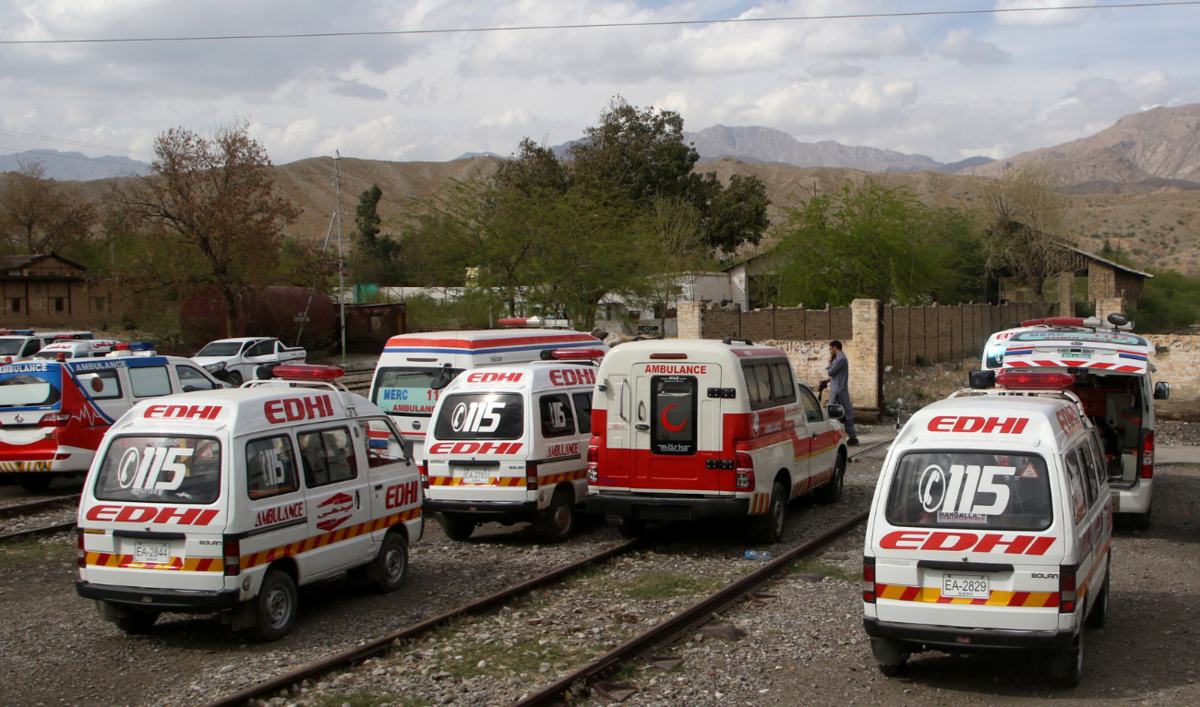ISLAMABAD: Pervez Ali was seven years old when flashfloods wiped out his entire village in Ghizer district in the Pakistan’s northern areas in 2010.
Since then, the boy has had one aim: to use organizing and education to create awareness about climate change and get Pakistan, and his hometown, the reparations they deserve.
This month, aged 19, Ali was a national representative at the COP27 summit in Egypt of which Pakistan was made a co-chair after floods devastated vast swatches of the country this summer in what most experts have called a climate-induced disaster.
As Pakistan led the campaign by developing nations to win a commitment at the two-week summit for a “loss and damage” fund for climate-ravaged countries, Ali urged the government to involve more young people in the climate policymaking process and criticized the developed world for not doing enough to deal with the challenge.
“My message is very vivid to everyone, that be the change, be the resistance,” Ali, who is also a lead organizer for Fridays for Future Pakistan, told Arab News in an interview. “If you are not resisting against the change, climate crisis, this is not going end here ... It’s Pakistan today, then it might be the developed countries tomorrow.”
Remembering the devastating floods that hit Pakistan in 2010, killing some 2000 people and leaving 11 million homeless, including Ali, the teenager said the disaster was not just an “inspiration.”
“It was something do-or-die for me. Like I have been living in a place which was hit by floods back in 2010 and I am one of the climate refugees myself. So, that [becoming a climate activist] was the only thing I should have done,” Ali said.
“And [what] I am doing right now as a climate activist [is] to bring justice to my people who have nothing to do with this business, nothing to do with the business of carbon emissions.”
Asked about the agreement reached at COP27 to set up a “loss and damage” fund to support poorer countries cover the costs being incurred from climate-fueled weather extremes or impacts, Ali said many activists like him were not “impressed” with the deal since the initiative was still not binding.
Reparations from industrialized nations should not be voluntary but mandatory, he added.
“It is not something they are granting us or gifting us,” Ali said. “It is something that we have achieved from the losses and damages we have faced.”
Despite his skepticism, he described his experience at COP27 as “overwhelming and optimistic” but said developed nations were least interested in hearing the concerns of climate refugees and others affected by extreme weather conditions.
Even so, Ali said, he was resolved to keep up the fight:
“What I have achieved is the satisfaction, the mental peace that I am fighting for climate justice, that I want to bring climate justice to my people in the form of reparations, in the form of policies, and in the form of implementations.”
“The youth don’t want the policies made for us,” the teenager concluded. “We want to be on the negotiating tables when policies are made. If a privileged person is making policies for me that doesn’t make any sense.”






















